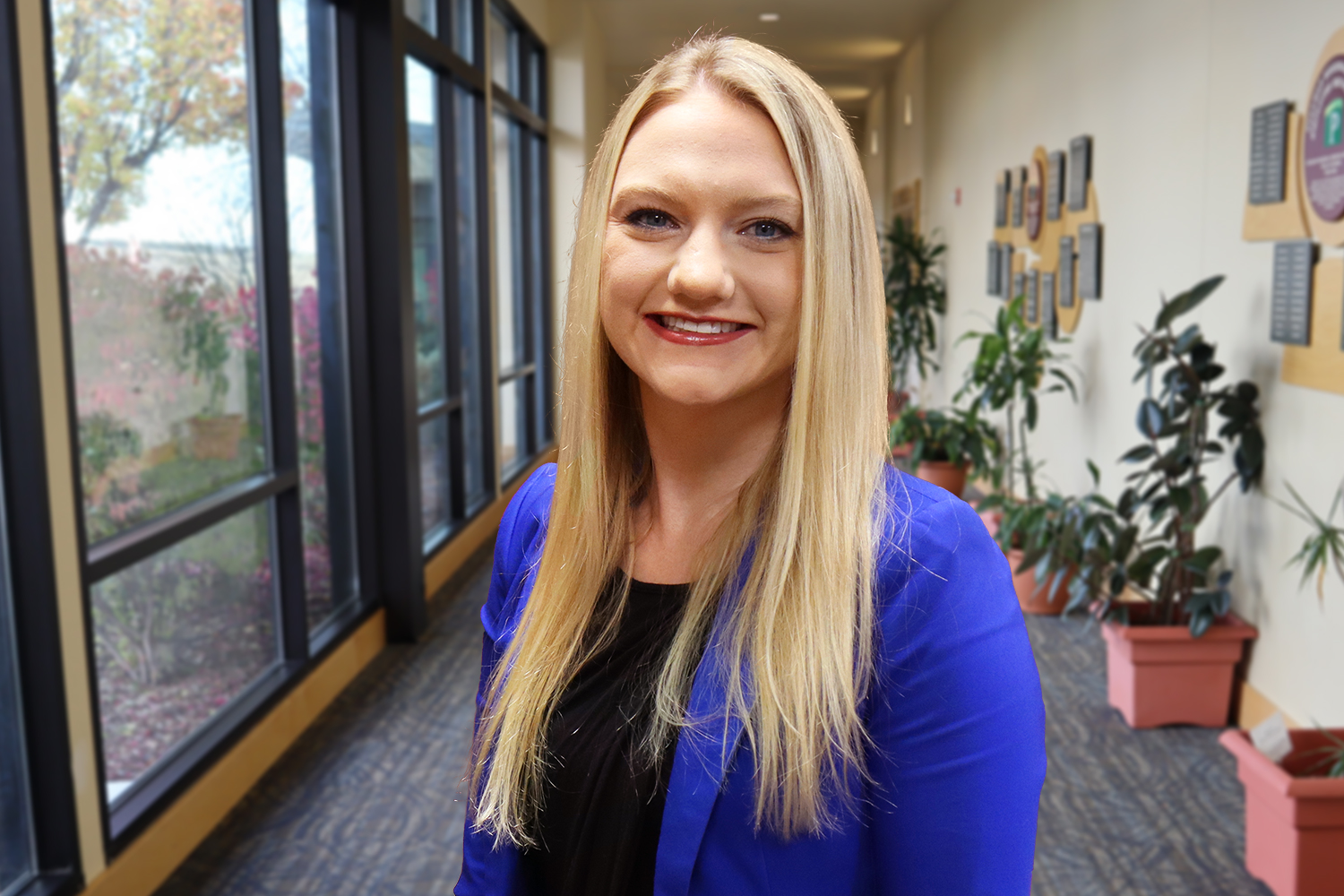
Local doctor weighs in on weight-loss meds
Listen
(Runtime 1:17)
Read
When physician Molly Thompson goes into work, she knows she’ll probably talk to at least a few patients about weight-loss medications.
“I think a conservative estimate is three to five times a day,” she said.
Thompson is the director at the Family Medicine Residency Center at Pullman Regional Hospital. She practices family medicine.
Now more than ever, Thompson said, patients are proactively asking about drugs such as Ozempic, Wegovy and Rybelsus, partially due to increased awareness from social media.
“I would say there was only maybe two or three months where it was me bringing it up with my patients. Now, it is barely out of my mouth before most people are like, ‘Well, what about…?’”
Those medications, known as “GLP-1 agonists” originally were used as a treatment for Type 2 Diabetes, Thompson said. In 2021, the FDA approved Semaglutide, the active ingredient in several of those drugs, to treat obesity, though not all Semaglutide drugs are approved for weight loss.
The drugs work by mimicking a hormone that helps diabetics and people with obesity in two ways, Thompson said. They stimulate the pancreas to release insulin and slow down digestion, so someone on the drug feels full sooner and longer.
Though the use of those drugs for weight loss has come under scrutiny, Thompson said obesity, defined as a body mass index of 30 or higher, is a medical diagnosis. Obesity is worthy of treatment, Thompson said, which may include medication, because it is a risk for other health complications including diabetes and hypertension.
“That’s our whole mantra. We really want to prevent these diseases,” she said.
However, Semaglutide drugs have side effects, Thompson said. The biggest ones that lead patients to stop taking them are nausea, vomiting and diarrhea. Medication isn’t the first treatment option Thompson goes to, she said, but she doesn’t rule it out.
“I obviously want people to work on their lifestyle as well, their exercise, their diet. I’m hoping my meds aren’t needed that long, but it’s also not cheating to use meds,” she said. “You’d never tell an asthmatic it’s cheating to use their inhaler.”
There are two main challenges the Semaglutide drugs present, Thompson said.
The first, she said, is because of the increased popularity of the drugs, pharmacies have difficulty filling prescriptions. Thompson said one patient who is a Type 2 diabetic and also overweight was approved through her insurance for Ozempic but was recently unable to fill that prescription due to shortages.
“We were scouring everywhere trying to find this for her,” Thompson said. “This has been such a good medication for controlling her blood sugar and also helping with weight loss.”
Thompson said asking doctors only to prescribe Semaglutide drugs to Type 2 diabetics is difficult.
“Do I save what little resources we have for our diabetic patients? Well, how do you do that if you have someone sitting in front of you that needs it for obesity? Maybe not diabetes yet, but I want to keep them from getting there.”
The second challenge for doctors prescribing the drugs, Thompson said, is that insurance companies often refuse to cover them for patients unless they have Type 2 Diabetes. Semaglutide drugs require continued use to be effective, which can keep them out of reach for patients if insurance won’t cover it.
Although doctors can appeal those decisions, Thompson said, it’s rare to see insurance companies change the decision.
“Often, we can’t even talk to anyone,” Thompson said.
She said she’s won one of two weight-loss medication cases, ever.
One danger Thompson said she sees is in the increase of online retailers advertising Ozempic and other drugs.
“‘I was like, ‘Whoa, how are people doing that?’ I messaged them and said, like, ‘Do you need medical records,” Thompson said. “They said they didn’t need anything. I said, ‘OK, well, do you have to be a certain BMI?’ They said, ‘No,’ and that’s really concerning.”
Even assuming the medication is the drug and dosage advertised, Thompson said, it’s important to have a doctor monitor a patient’s progress and consult when needed. Though the side effects for GLP-1 agonists are generally well-tolerated, there also can be more serious complications in rare cases.
“What if your kidneys take a hit? It’s possible,” she said. “If you don’t have someone talking to you about these things, how are you going to know?”
In addition, Thompson said, patients should not seek medication to lose a few extra pounds, despite what they might have seen online.
“Everyone has seen, I think, all the stars who have used it and they use it for a short amount of time, to lose that last five pounds. That’s not what these meds are made for, nor have any of the studies shown that that’s safe at all,” she said.
















